Pre-Application Planning Advice: The Pros & Cons
Making a planning application for a self-build or other type of major project can feel like a huge unknown. After all, very few of you are likely to have significant experience in navigating the process, dealing with the council’s decision makers and interpreting the nuances that can help in winning approval. Given all of this, it can be a sensible idea to seek pre-application advice before you proceed.
Pre-app, as it’s generally known, is a good way to test the planning waters before plunging in. So what exactly is the pre-app process, what are the advantages and pitfalls, and how can you tell when you should or shouldn’t seek it?
The basics
Government guidance urges local authorities to promote pre-app meetings. There’s even a section on planning application forms that asks whether you’ve sought prior advice from the council – and what was said. It’s not compulsory, but some planning departments are undoubtedly less helpful to those who haven’t sought it and have instead gone straight to making a full-blown submission.
Unlike formal applications, where there’s a common system to follow for the whole country, individual councils can determine their own pre-app processes. The amount of detail you’re required to submit, cost of the consultation and length of time it takes to get an answer will therefore vary considerably across different local authorities.
Generally, however, it involves submitting details of your proposed project to the council and receiving a letter back that comments on the relevant policies and issues. This will typically highlight any likely problems with the scheme and, sometimes, indicate what information will be required alongside a formal application. The process can involve a meeting at the council’s offices or your site – or it might simply be a written exchange.
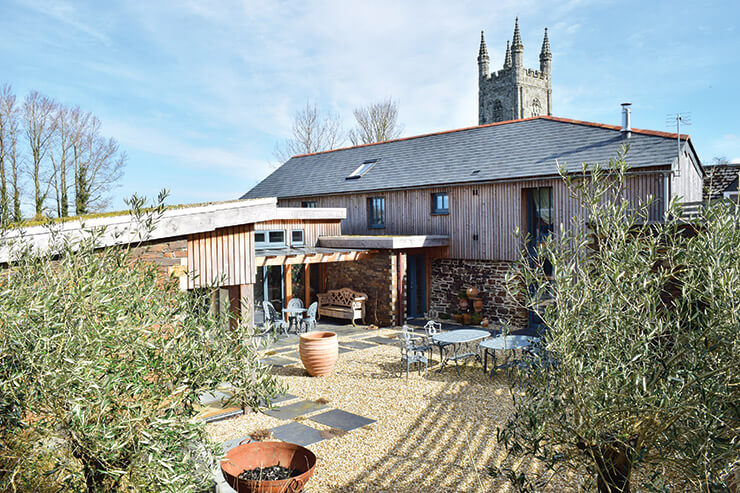 Above: Betty Jarrett dreamed of transforming a mowhay barn, in the curtilage of a listed rectory, into a sustainable contemporary home – but wasn’t sure the local council would support her plans. A pre-app discussion showed both the planning and conservation officers were hugely enthusiastic about the scheme, even suggesting she incorporate more glass in her formal application |
Procedure & cost
Most pre-app consultation is free for so-called householder proposals (extensions, alterations, garden buildings and most other changes to an existing building). Some councils offer a duty planning officer service – where you can turn up and discuss your sketch ideas – or bookable consultations. Others insist on you filling in a short form and sending it over for comment, along with a location plan, other sketches and possibly photographs.
For larger schemes, such as new houses or conversions, there’s normally a fee to be paid. In some circumstances this can amount to as much as £500-£600, which is considerably more than the cost of making a formal planning application.
The amount of information sought by councils varies, too. You might simply need to submit a location plan, sketches of what you want to build and a few photos – or you may be required to provide full drawings and supporting information, such as tree reports, structural surveys (for conversions) and so on.
There’s divergence in terms of how long it takes to secure pre-app advice, too. If your council gives you the option of a meeting, this may add cost and stretch out the process. Furthermore, where local authorities are busy deciding on formal planning applications, pre-app response times tend to lag. They can range from as little as a week or 10 days right up to several months, in the worst cases.
A pre-app response is usually given in the form of a letter, but it could simply comprise notes taken at a face-to-face consultation. The amount and quality of comment varies, but it’s important to note that the advice will always be given with a proviso that it’s the opinion of a particular planning officer; not the council.
So you cannot guarantee that the response will be the local authority’s formal view, should you go on to make an identical formal application. This is a get-out clause to allow officers to change their minds later; perhaps in the light of feedback from consultees – such as neighbours, the parish council or the highways authority.
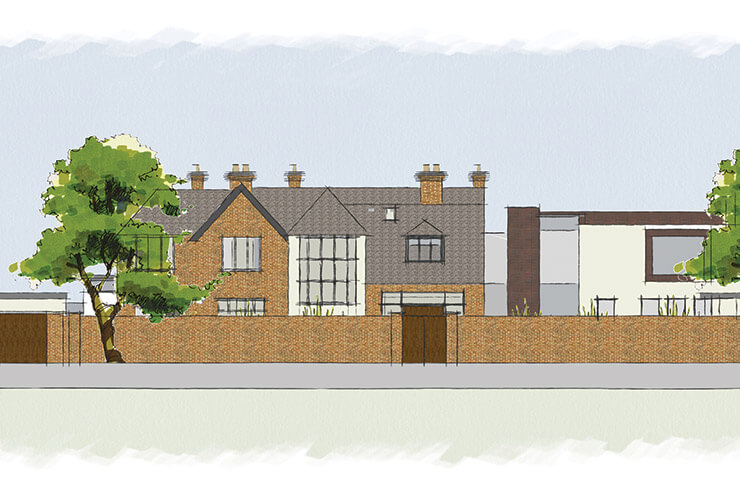 For this project in the East Midlands, there was no need to present a design at the pre-app stage – but initial consultations did lead to the planning officer specifically requesting a contemporary scheme, which was duly delivered by Julian Owen Associates Architects |
The benefits
Pursuing the pre-app process can be particularly helpful where the planning officer adopts the attitude of looking for solutions rather than building barriers. If your proposals are met with general support, then all well and good; and you can then make your formal application with a high degree of confidence.
By the same token, if there are issues – for example the officer is unhappy with the design or thinks the layout might impact on neighbours – positive suggestions as to how to overcome these problems can be really helpful.
Adjusting a project to address such concerns gives the planning officer a degree of involvement and ownership of your scheme. Working co-operatively with them to find mutually acceptable compromises can result in the officer being more supportive of your build than they might otherwise have been.
As well as feedback on the scheme itself, you should ask for confirmation of what documents are required with the final submission. Knowing now can help avoid delays at the validation stage of a formal application (the admin stage prior to the decision-making process).
If the council has any requirements for financial contributions, such as Section 106 charges, then the amount and payment details should all be confirmed during the pre-app discussions. Again, this helps avoid unpleasant surprises at a later stage.
The pitfalls
Where pre-app advice costs more than making a planning application, its benefit is debateable. If you make a formal submission and then discover the planning officer wants you to amend it, you can always withdraw, amend and resubmit – taking advantage of provisions that allow you a free go at this stage.
This enables you to make a similar application, within 12 months of withdrawal or refusal, without paying an additional fee. Formal applications are subject to consultation, so arguably the feedback you get at this stage is more reliable than that you’d receive via an initial meeting.
Taking on a pre-app consultation can actually prove to be a hindrance if you’re committed to a particular design and do not intend to change it. In this scenario, seeking feedback risks the planning officer asking – and expecting – amendments to the scheme that you’re not prepared to make.
If such changes haven’t been worked into the plans when you come to apply for consent, the officer may well be disappointed that their suggestions haven’t been taken into account. This can create a negative attitude towards your project. To counter this possibility, always explain in your formal application why any pre-app recommendations haven’t been followed.
The underlying problem with pre-app consultation, however, is that it can’t be totally relied upon. No matter how detailed and helpful it might appear, bear in mind that there’s nothing preventing the council from taking a very different view when your final application is made.
One potential reason for this scenario is that a different planning officer might deal with your formal submission to the one who took care of your pre-app. Another is that the decision on your scheme might in fact be made at committee – and the presiding members don’t always follow the officer’s advice.
Furthermore, at pre-app you’ll be guided towards what that particular officer would like to see built. But this may not be the same as what they’d be prepared (or obligated) to accept in a formal application.
Professional input
If you’re taking design advice from an architect or intend to hire a planning consultant, you might think that pre-app advice from the council is unnecessary. On these matters, however, there are many areas of opinion and interpretation – and these tend to be significant elements in the decision-making process.
However well qualified and experienced an advisor might be, they cannot guarantee that a planning officer will share every aspect of their judgement about a project. For professionals, the pre-app procedure allows them to advise on whether amendments sought by an officer are reasonable – and on the pros and cons of ignoring or following any suggestions.
Knowing what objections might be made enables a more robust argument to be made in support of the formal submission. This in turn will provide a solid base for an appeal, should the initial application fail. Used wisely, then, a pre-app can be a handy tool in your tactical arsenal as you strive to gain consent for the best possible design for your individual plot.
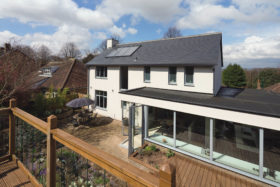
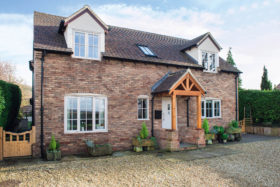


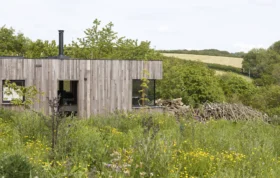
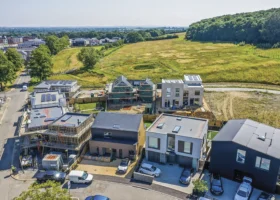
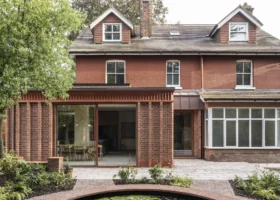
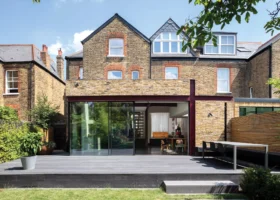

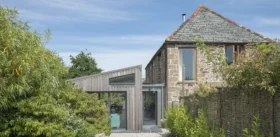


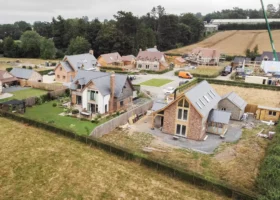

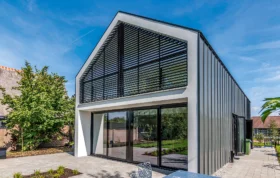

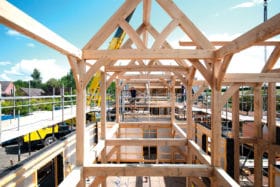
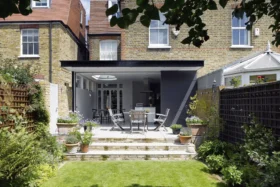
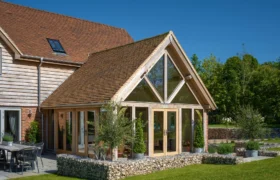
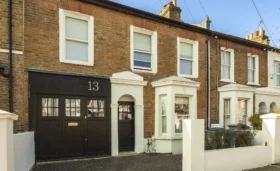
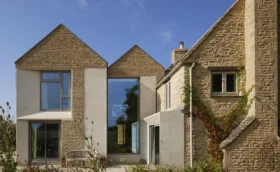
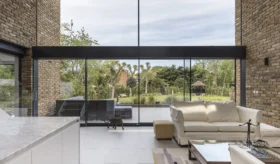
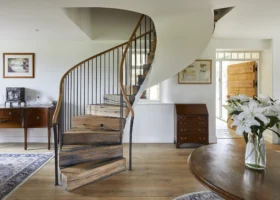
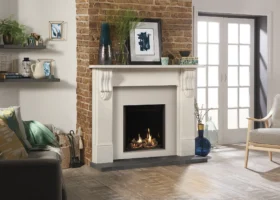










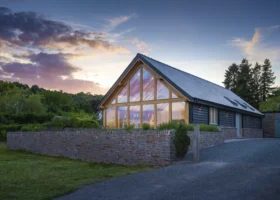
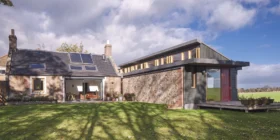
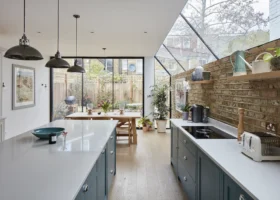
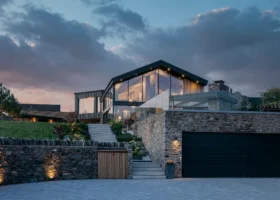



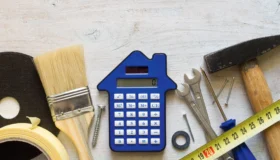
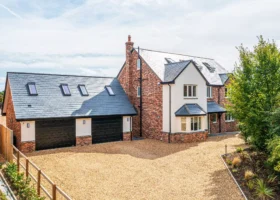

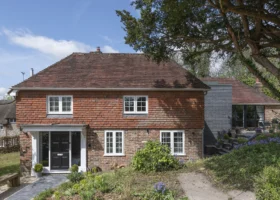
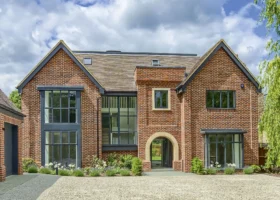

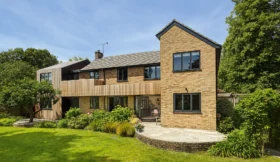
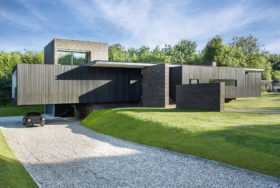
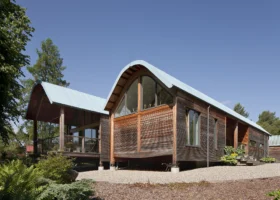

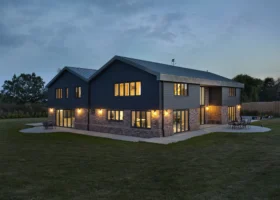
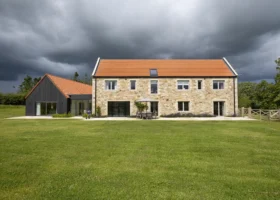
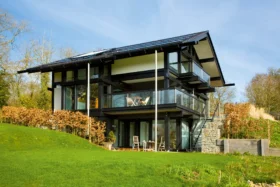


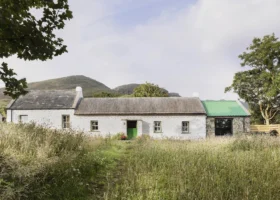
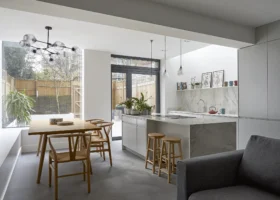

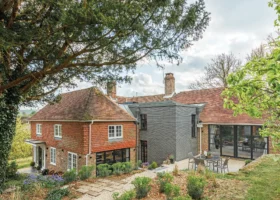
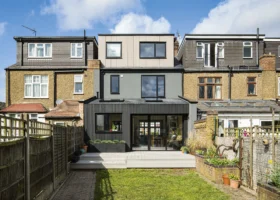
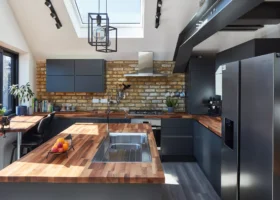





















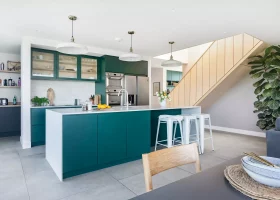

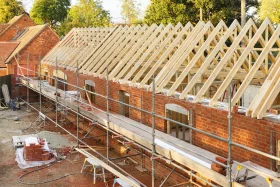






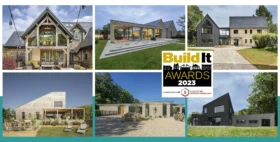


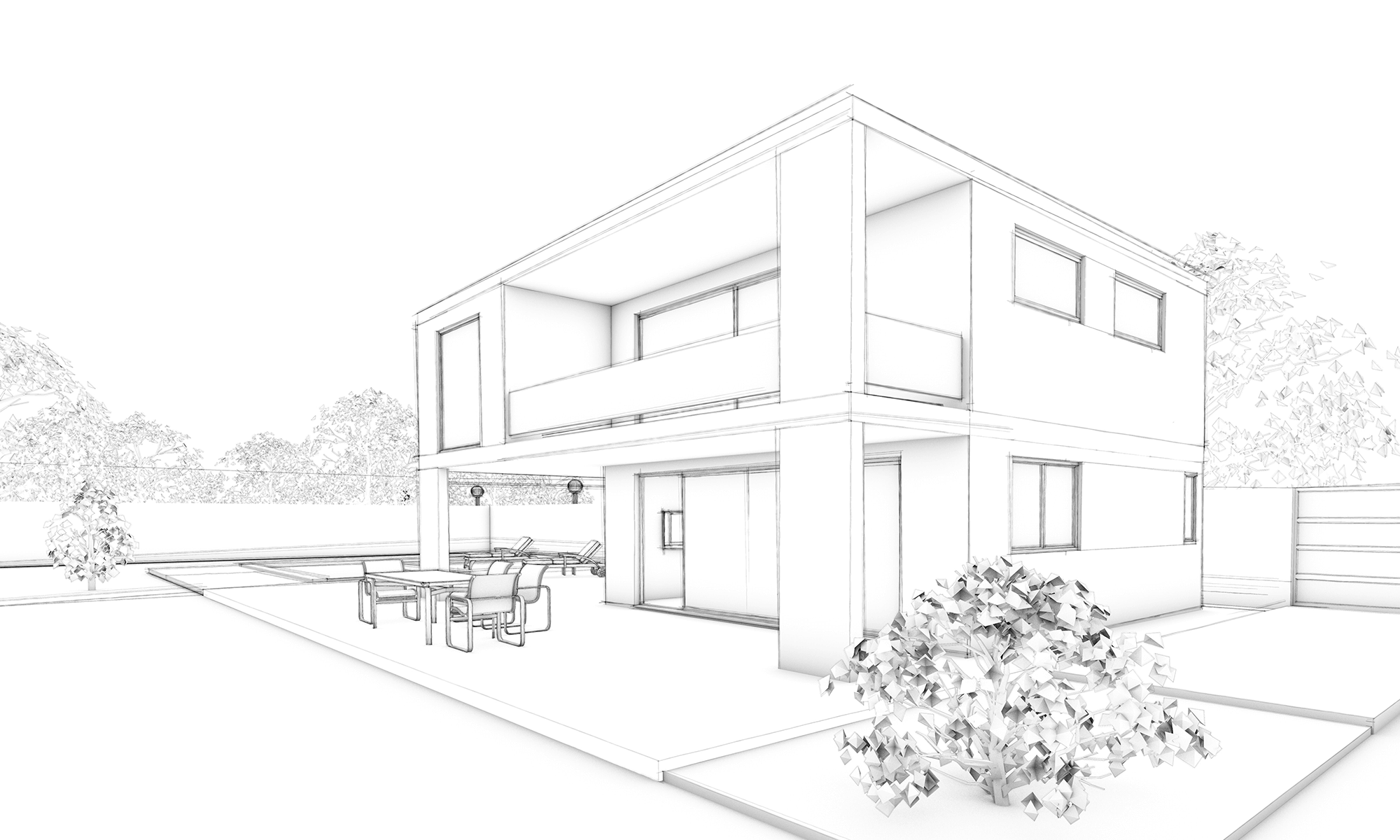
 Login/register to save Article for later
Login/register to save Article for later

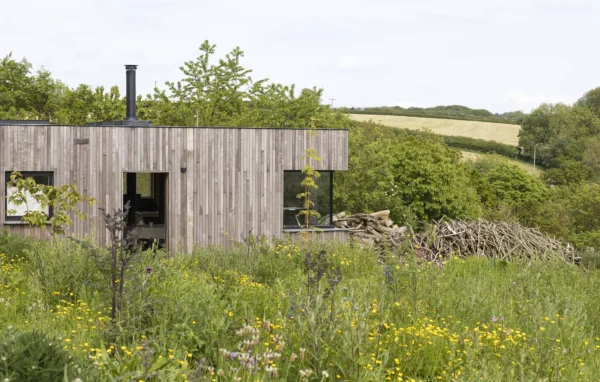
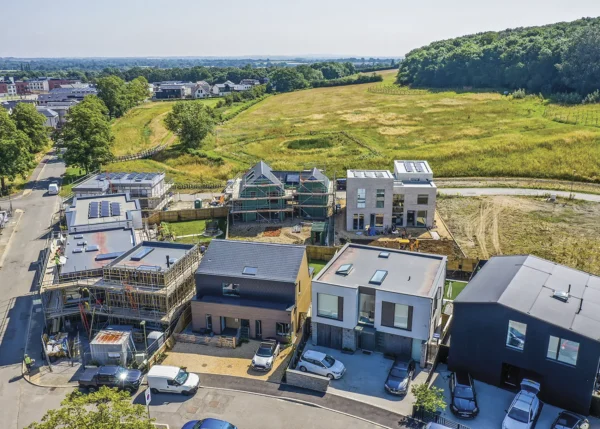
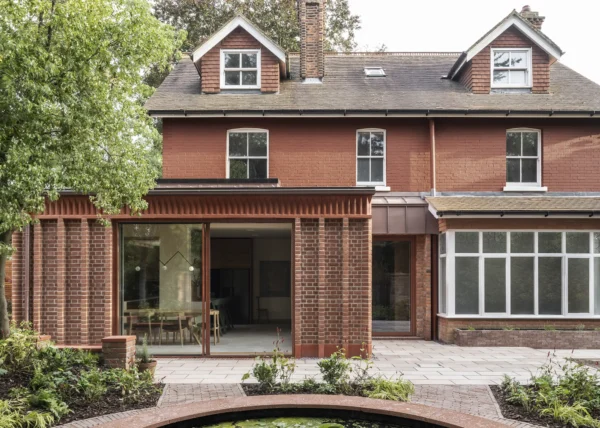
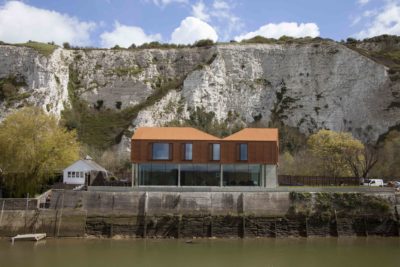
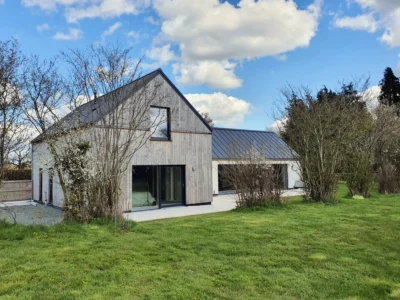
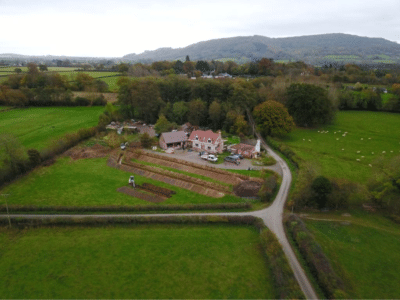






Comments are closed.